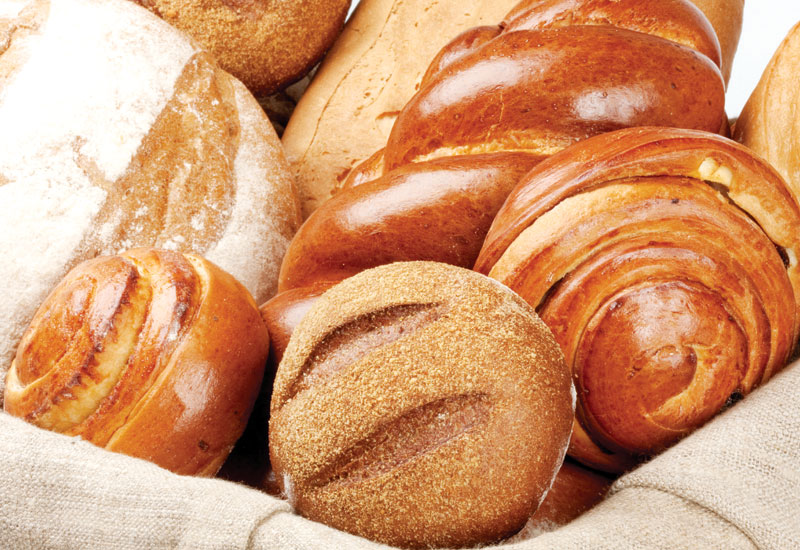Many chefs may traditionally prefer to create their baked goods from scratch, but with demand increasing and kitchens having to cut back on costs, suppliers are seizing the opportunity to demonstrate how their products can increase efficiency and still deliver a top-quality product
From bread and other dough-based items to pastries and even desserts, baked goods have long played an integral role in the Middle East diet.
But in today’s cosmopolitan climate the demand is growing still further, according to the region’s chefs and suppliers.
At Kempinski Hotel Mall of the Emirates — where a new bakery concept recently opened at the hotel’s Aspen lobby lounge — executive chef Winfried Helmetag explains: “The demand for fresh bread and other European baked goods is no longer restricted to just ex-pat patrons. The cosmopolitan culture and multinational food offering in hotels have introduced traditionally western baked goods to a much wider audience.”
As Park Hyatt Dubai pastry chef Jocelyne Fallait notes: “Today, for every meal there is a baked supplement.”
Both Kempinski and Park Hyatt make all their bread and baked goods from scratch, the chefs explain.
“This way it ensures the product is free from preservatives and also is unique to this property,” says Fallait.
“In addition, home-made bread is of much higher quality than commercially pre-prepared items, as well as being more cost effective than bought-in products.”
But suppliers are fighting this preconception, as Advance Baking Concept (ABC) commercial manager Masood Syed explained at Gulfood 2010.

Advertisement
“There are a lot of misconceptions about fresh-from-frozen, so we are fighting that sterotype and educating people about the reality of the product,” he said. “I always believed the concept we offer, fresh-from-frozen, is more cost-effective than what people do from scratch.
“Formerly, when there was a lot of money to spend, people were setting up their own in-house bakeries — investing in the man power, the space, the machines and the raw ingredients. But we are definitely seeing more people embracing this method since the downturn,” he said.
Meanwhile at industry supplier Aramtec, food service manager Hossam Shabayk is also “a believer in convenience products”.
“Human beings in general tend to resist any new ideas and we faced a lot of difficulties in making this product line a success. But I think the perception has changed as chefs realise that convenience products are more of a help than a threat,” he reasoned.
“Also, since high technology got involved into the production of these items there has been a big shift in quality, and now that has really puts these products on the same level as items that are made from scratch.”
La Marquise International production line in charge Fadi Achour agrees that part-made products have become “more acceptable” over the past few years.
“Chefs are increasingly convinced to use ready mixes in order to save time, workers, and indirect expenses,” he notes.









 Search our database of more than 2,700 industry companies
Search our database of more than 2,700 industry companies









